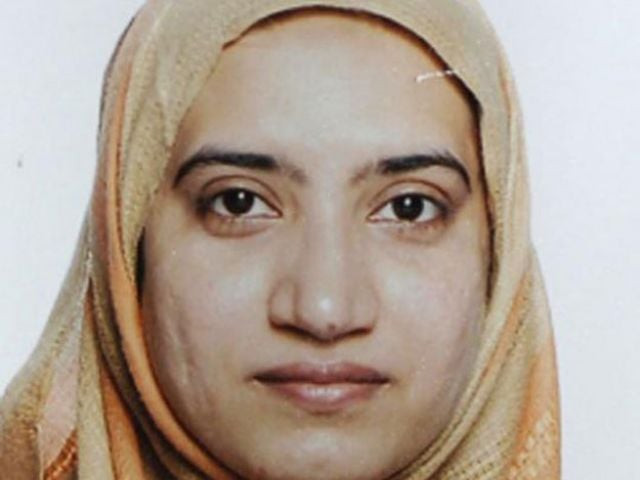The radicalisation business
Tashfeen Malik briefly enrolled at Al-Huda Institute in Multan in 2013, but did not complete the course

PHOTO: REUTERS
The concept of self-radicalisation is relatively new and it is still imperfectly understood. Everybody has the potential to self-radicalise, but primarily the term is applied to young Muslims though the young of any faith are as susceptible as Muslim youth. The term is often linked to terrorist activity or incidents, and those thus radicalised are rarely part of a wider group or conspiracy. There is so far no positive proof of a formal link that Malik or her husband had to any group though the Islamic State (IS) has claimed them as its “soldiers”. There are indications that a message of support for the IS was posted by Malik on a Facebook page she allegedly ran under an alias. Self-radicalisation is not a rarity. There are tens of thousands around the world that absorb radical material primarily via the internet, a medium awash with every shade of extremism. For Malik, the process may have started at school in Saudi Arabia, and continued in Pakistan, but there was nothing to suggest that she was anything other than ‘ordinary’ — until she ran amok with a machine-gun. Anecdotally, it is said that radicalisation is the sub-narrative at many of our universities, and it would be no surprise for that to be empirically proven. Pakistan is probably home to and parent of any number of Tashfeen Maliks, something which should be a cause for serious concern and calls for a deep introspection within our society. We cannot afford the cancer of radicalisation and extremism to spread unabated anymore.
Published in The Express Tribune, December 9th, 2015.
Like Opinion & Editorial on Facebook, follow @ETOpEd on Twitter to receive all updates on all our daily pieces.















COMMENTS
Comments are moderated and generally will be posted if they are on-topic and not abusive.
For more information, please see our Comments FAQ